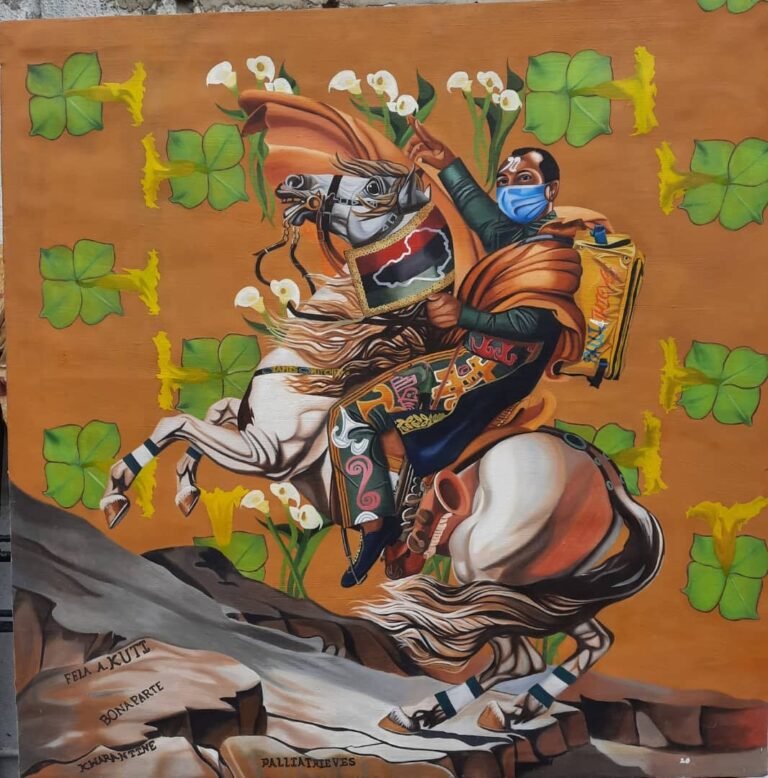It’s prominent to acknowledge that the Senegalese Mbalax music is a thing that’s dominated the African scenes. And has made waves for the nation.
While Senegal was previously a trade center during the slave era. The people as at then were acknowledged for their skills in musical instruments. I wouldn’t say it was learned rather a gift— that’s been integrated into their daily activities.
I seldom tap into their mysterious tactic in musical productions— prominent for their Mbalax which is a fast-paced, and danceable. The symphony deeply tied to Senegalese culture, ceremonies, and storytelling.
They are a very hard sound to come by except you are in the aisle of Dakar, walking past a bar with highlife music. These sort of songs have attracted numerous tourist to Senegal for decades aside their pink river. Senegalese musicians seem to be rooted in the tradition of unapologetic enthusiasm.
However, here in the United Kingdom I have just come across a band called James Groove “Jam Groove.” They have been in existence for a while— and been performing at numerous venues. And I can say that in a festival this band will leave an electrifying feel.
Their rhythm jumps, without hesitation to fragmenting the notes. It’s too many instruments in the background. This is a really stunning effect, and has ability to gain prominence for the Mbalax sound.
Similarly to Nigeria, whose Afropop was founded by Fela Anikulapo Kuti— who eventually made it a global phenomenon. The Jam Groove have such potential for the Mbalax sound. Through a fusion of Senegalese rhythm (especially from the sabar drum) with modern genres like jazz, funk, soul, and Afro-Cuban music.
Percussion-driven, with heavy use of talking drums and polyrhythmic beats. Lyrics are typically in Wolof, the most widely spoken language in Senegal. Producing the Afro-Cuban and Congolese rumba.
Their 2021 Diaxas album, comprises of 10 songs which featured a mix of all sorts of discourse. I feel this distinctive style of music preserves the heritage of African musicians.
What stands out is their ability to seamlessly lead a storytelling in every song. Kangfore, a song whose setup seldom draws its narrator to a reflective tone.
Although the Jam in their band name means peace in Wolof west Africa. Their songs seem to embed this feeling if you listen attentively. With songs like “Yaye” setting the tone for this album. It’s not just about making music but what it entails. And how well the audience are able to feel the tension even though the language is a niche.
Mbalax, born from Senegal’s Wolof rhythms and Serer chants, is a sonic pulse of celebration and resistance, rooted in community rituals and remixed for the global stage.
Their production is conducted by Oumar Diagne and Assane Ba. Lyrical arrangement is also by Oumar Diagne and Assane Ba. Drums by Oumar Diagne, Bassist by Assane Ba, Keyboard by Papis Ndiaye, Percussion by Cheikh Ndiaye, Recordings by Blue and only studio album is Diaxas.
Blue tenor voice pierces through the rhythm like a thread pulling fabric tight. And Oumar mysteriously fingers beating the drums, each strike, each snare beat, the tom dashing and fading of his drum beating shows years of maneuvering. Aside these two people.
Every other band member like Cheikh Ndiaye ready worked on the percussion, and Keyboardist Papis Ndiaye follows through with his brothers ability. Without the bassist Assane Ba— the sound who’ve lacked its man power.
You can really feel the masculinity behind the band. It’s not toxic, not overpowering rather balanced and enjoyable in all season.
The production of the album was supported by Naomi Reid. This proves their sound is also appreciated by a growing audience.
If you really want to experience Africa music beyond Nigerian afrobeat. I would encourage you to venture into the Senegalese Mbalax.




